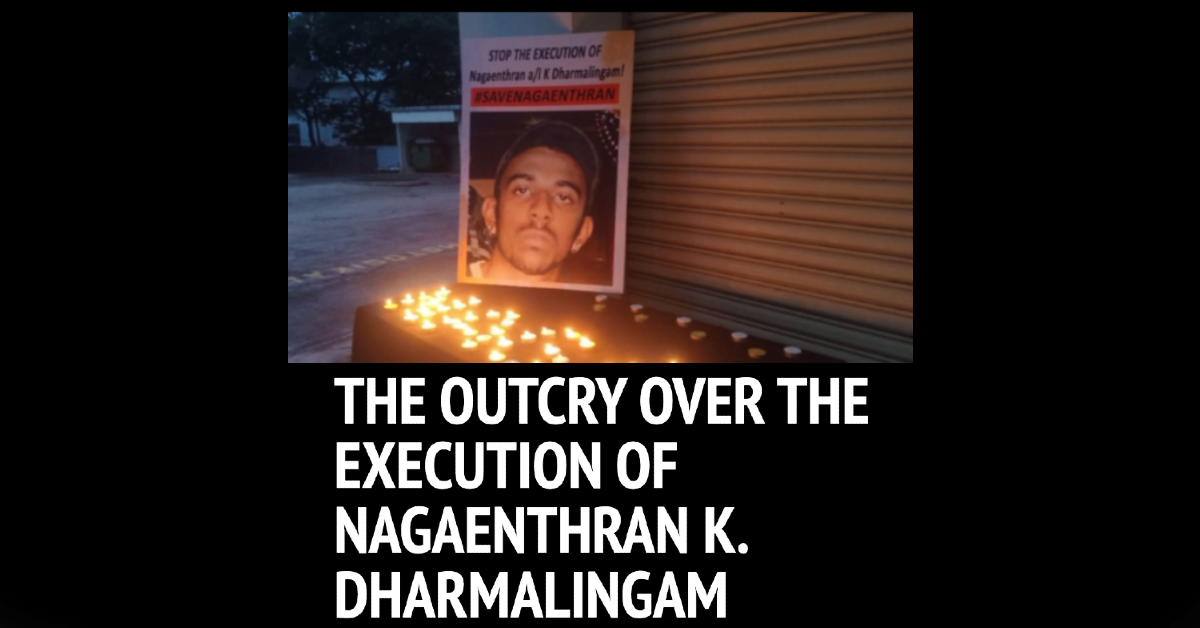The controversy over Singapore’s use of capital punishment erupted earlier this year when the government resumed executions after pausing them during the pandemic. Anti-death penalty activists raised alarms over their resumption and drew attention to a number of cases they argued represented the injustice of the country’s harsh drug laws.
One high-profile case involving a Malaysian man who trafficked heroin into Singapore in 2009 stood out due to questions about his alleged intellectual impairment. Nagaenthran K. Dharmalingam’s case gained worldwide attention, with hundreds protesting against it and international organizations such as the Delegation of the European Union and the United Nations citing it in their calls for Singapore to halt its use of the death penalty against drug traffickers.
Despite all the controversies and outcry, Dharmalingam’s execution was still carried out. He is one of at least 10 inmates executed in Singapore so far this year, with at least 60 more currently awaiting their turn at the gallows.
For a full overview of what we know (and don’t know) about the death penalty in Singapore, you can read our latest feature that does a deep-dive into the topic. You can also explore a full-screen version of the timeline.


